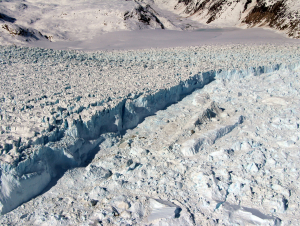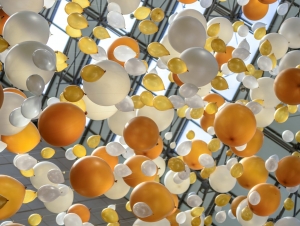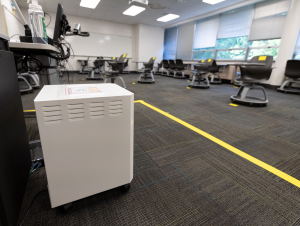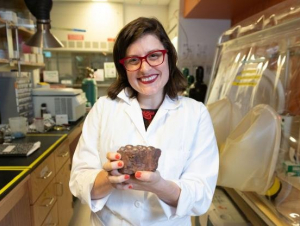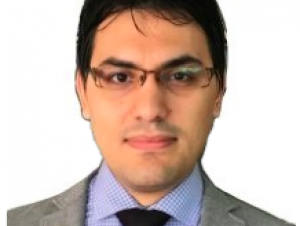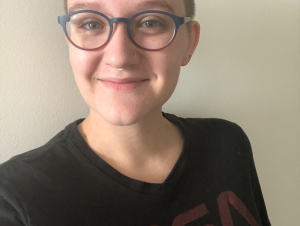To request a media interview, please reach out to experts using the faculty directories for each of our six schools, or contact Jess Hunt-Ralston, College of Sciences communications director. A list of faculty experts is also available to journalists upon request.
Latest News
Two researchers in the School of Earth and Atmospheric Sciences win grants from the Heising-Simons Foundation to study just how fast ice sheets are melting, and how much sea levels are rising, due to climate change.
Please join the College of Sciences in congratulating seven faculty members sharing honors for their work in the 2019-2020 school year at Georgia Tech.
According to the Centers for Disease Control and Prevention (CDC), taking steps to ensure indoor ventilation systems are operating at peak performance as well as increasing the flow of outdoor air are key to maintaining a healthy and safe indoor environment.
American Society for Microbiology awards Jennifer Glass its 2021 ASM Alice C. Evans Award for Advancement of Women, which recognizes outstanding contributions toward the full participation and advancement of women in the microbial sciences.
A proposal for a Georgia Tech postdoc's version of ammonia electrosynthesis technology, which could lean to a cleaner, cheaper alternative fuel source, is getting $50,000 in funding to explore commercialization prospects.
The collision of neutron stars during the formation of the early universe resulted in precious metals like gold and platinum soaring through the heavens. A School of Physics graduate student will get NASA funding to explore that heavy metal-making process through simulations.

